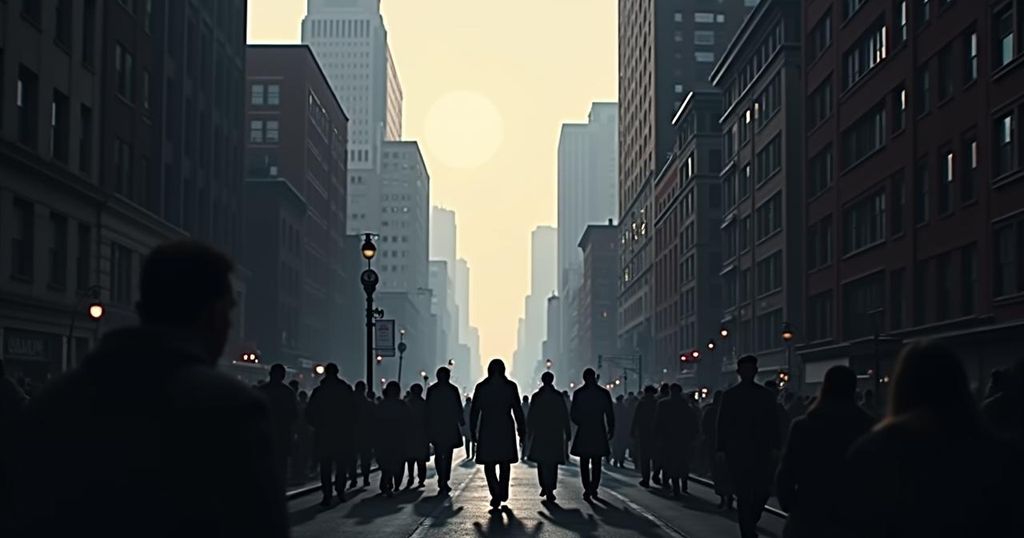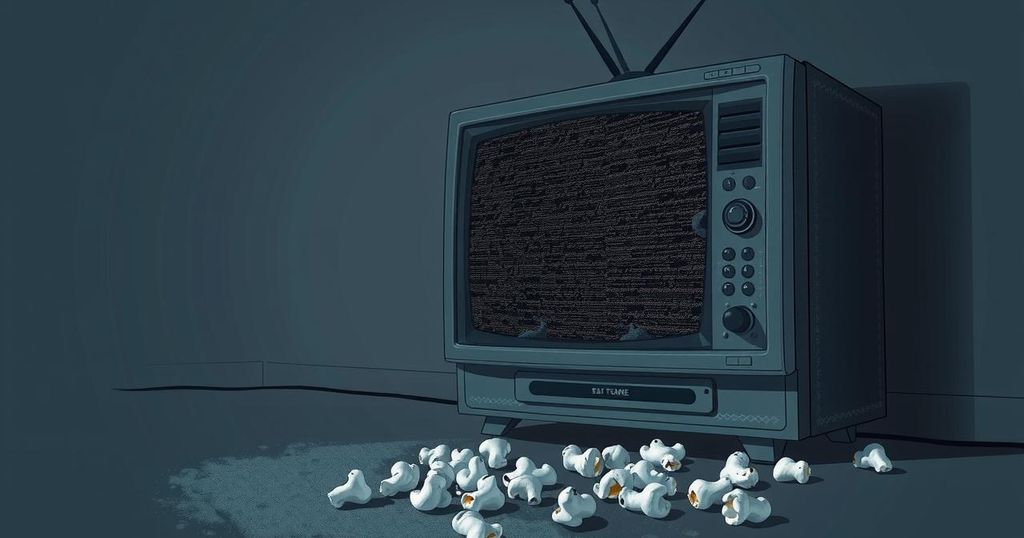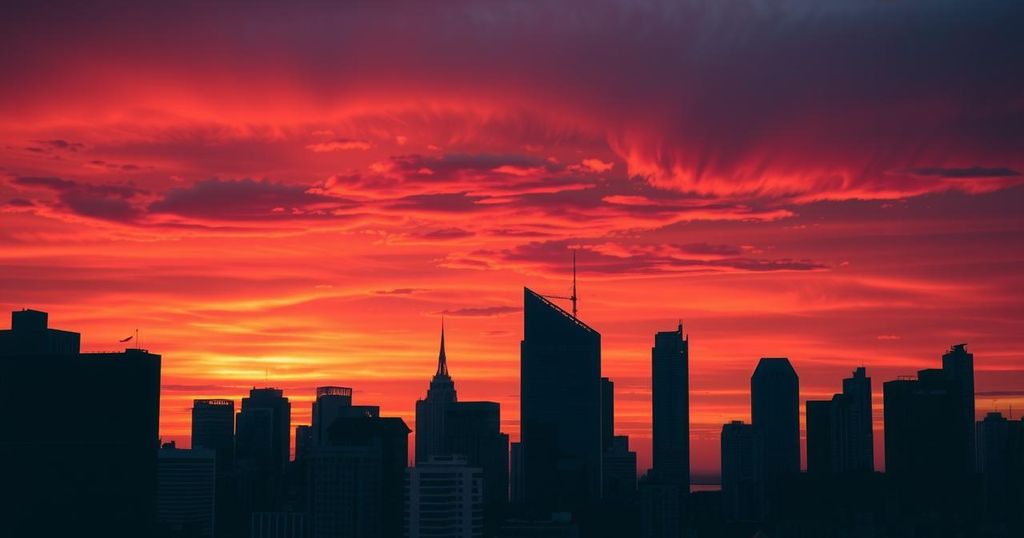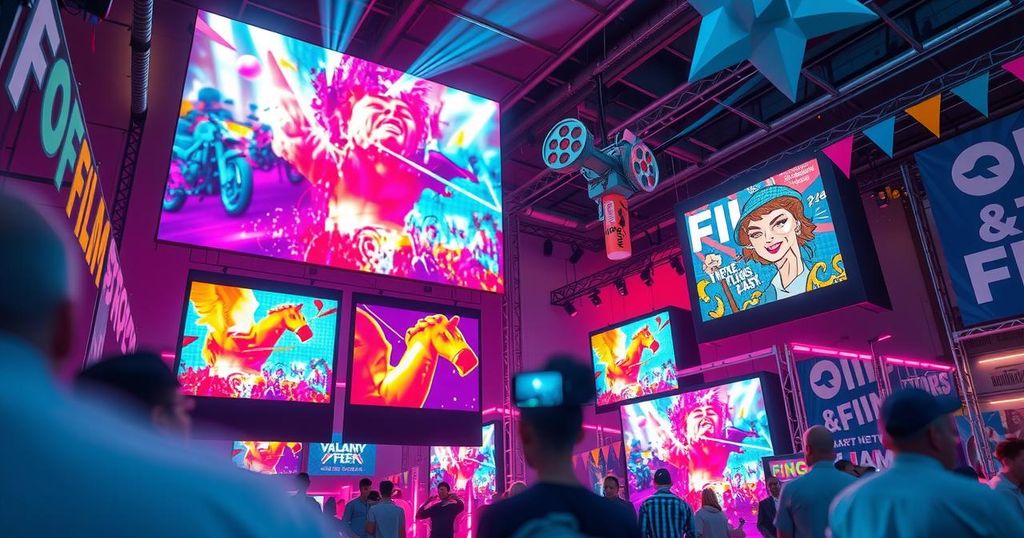SNL at 50: A Comforting Farewell to Innovation
At its 50-year mark, “Saturday Night Live” is recognized as a pivotal part of American television, yet its recent season premiere illustrates a departure from the daring, subversive comedy of its early years. Although it remains a touchstone for political satire and rising talent, the show has settled into a more formulaic pattern, reminiscent of cultural comfort food that lacks its former, wild spontaneity.
As it reaches the milestone mark of 50 years, “Saturday Night Live” stands as a venerable institution of American television, embodying the pulse of hip liberalism while serving as a launching pad for new talent. The recent season premiere, however, revealed a truth: the groundbreaking spirit and daring essence that characterized its 1975 debut have faded, transforming it into a more predictable program. Instead of the thrilling unpredictability of its early days, SNL now feels like a favorite dish served too often—comforting yet lacking in excitement. In the landscape of television, where few shows endure this long, longevity often breeds a certain formulaic predictability. Consider classics like “The Tonight Show” or “Sesame Street,” which have become staples but adhere to tested formulas. SNL, now akin to cultural comfort food, relies on familiar comedic elements—parody game shows, mock commercials, and humorous takes on political reality, ensuring a dependable, if not wholly innovative, viewing experience. The season opener showcased this predictable blend, featuring the ever-reliable quality of Jean Smart, a host who is both hilarious and versatile. The cold open poked mild fun at contemporary politics, enriched with nostalgic appearances from past cast members, reminiscent of the show’s historical tapestry. Veteran impersonators like Maya Rudolph and Dana Carvey reminded viewers of the immense talent that has graced the SNL stage. Contrast this with the chaotic energy of the first season, a series of unpredictable skits that felt like an audacious leap into a new era of comedy. Back then, sketches were wild and raw, exemplified by Andy Kaufman’s surreal antics and the unrestrained humor of John Belushi. The show was a chaotic playground of creativity, offering something fresh and subversive at every turn. Fast forward to the present, where, amidst the routine familiarity, flashes of innovation still emerge. New characters, like Bowen Yang’s whimsical creations, echo the thriving creativity of the internet, which now serves as the wellspring for fresh comedic impulses rather than the TV studio itself. While the show retains its signature charm, one cannot help but sense the absence of the radical and spontaneous spirit that marked its earlier days. As viewers gather around their screens, flavored with the consistent melody of the old piano blues, one is left wondering: has SNL evolved into a curator of comedy rather than an originator? The show, a beloved mainstay, continues to offer a taste of the past while grappling with the reality that the true playground of creativity now lies beyond the television screen.
“Saturday Night Live” has been an iconic fixture in American television since its inception in 1975, demonstrating a unique blend of political satire, music, and sketch comedy that captures the zeitgeist of each era. Known for its ability to launch the careers of countless comedians and actors, it has undergone many transformations, maintaining relevance through changing cultural landscapes. However, a recent examination of its fiftieth season indicates that while the show remains popular, its pioneering edge has dulled over the decades, becoming somewhat formulaic in its presentation. The historical context contrasts sharply with its haphazard, revolutionary early years that thrived on surprise and innovation, reflecting the broader shifts in television and entertainment today.
In conclusion, while “Saturday Night Live” retains its status as a cultural heavyweight, celebrating 50 years of influential comedy, it has shifted from being a groundbreaking force into a more formulaic entity. The vibrant chaos of its earlier episodes has faded, yielding to a more curated approach to humor. Yet, within this predictability, moments of creativity still manage to shine through, providing reminders of how SNL once transformed television into a playground of unrestrained creativity. The show’s future will undoubtedly hinge on its ability to balance nostalgia with a renewed boldness in its comedic endeavors.
Original Source: www.washingtonpost.com




Post Comment